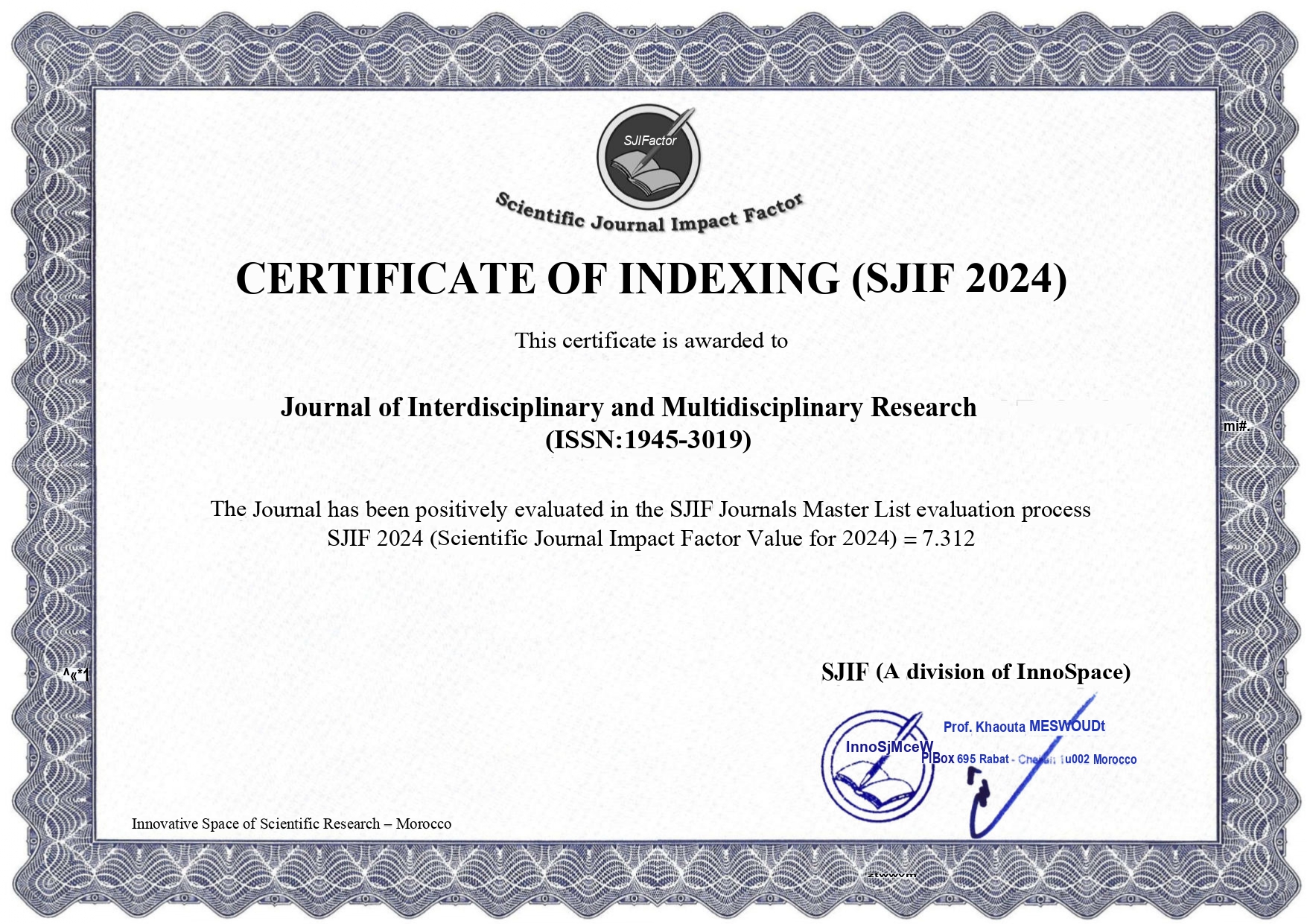Effect of Political Conflicts on Educational Outcomes in Bodoland Territorial Region of Assam
DOI:
https://doi.org/10.5281/zenodo.16283333Keywords:
Cohort, educational attainment, difference-in-differences, Probit-modelAbstract
This paper assessed the effect of conflicts on schooling outcomes in Kokrajhar district of Assam, India. Using household level cross sectional data collected from two villages-one conflict-affected and another unaffected, it examined the effect estimating differences in completion of mandatory schooling i.e. up to the grade eight between the treated cohort and the control cohort. The treated cohort includes conflict-exposed younger individuals from the conflict affected village, school-age during or after conflict. Contrary to it, the control group includes older individuals from the same village who had the opportunity to complete the grade prior to onset of the conflict and peers from the unaffected village. A difference-in-differences estimator was applied to measure the impact of conflict on schooling outcomes. We found that the damages to household dwellings and lose of livelihoods significantly reduced the likelihood of completing grade eight for the treated cohort. Additionally, probit regression analysis exhibits that the conflict significantly reduced school attendance in the affected village.
Downloads
Published
Issue
Section
License
Copyright (c) 2025 RUPAN BORO, ANUP KARMAKAR (Author)

This work is licensed under a Creative Commons Attribution 4.0 International License.






